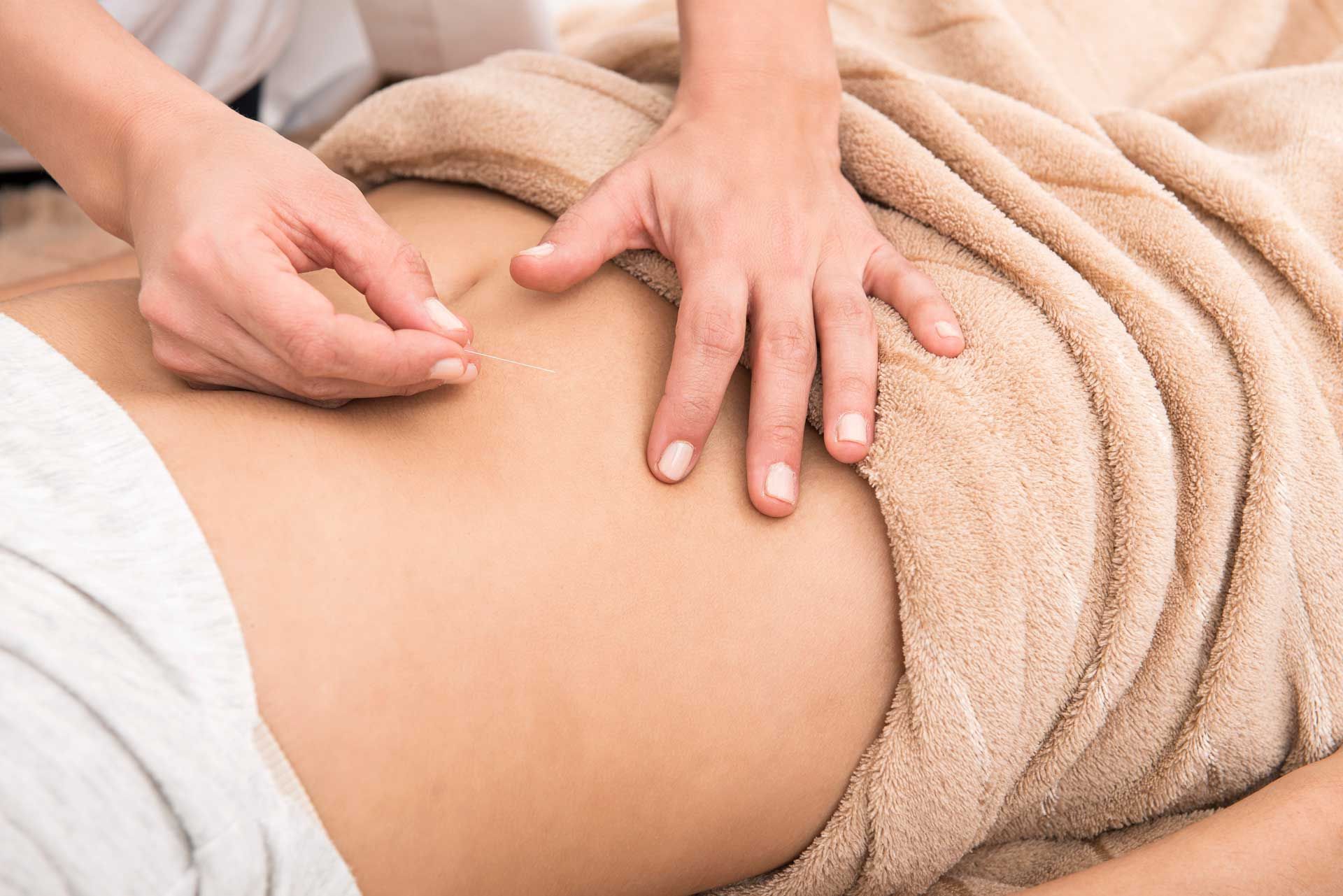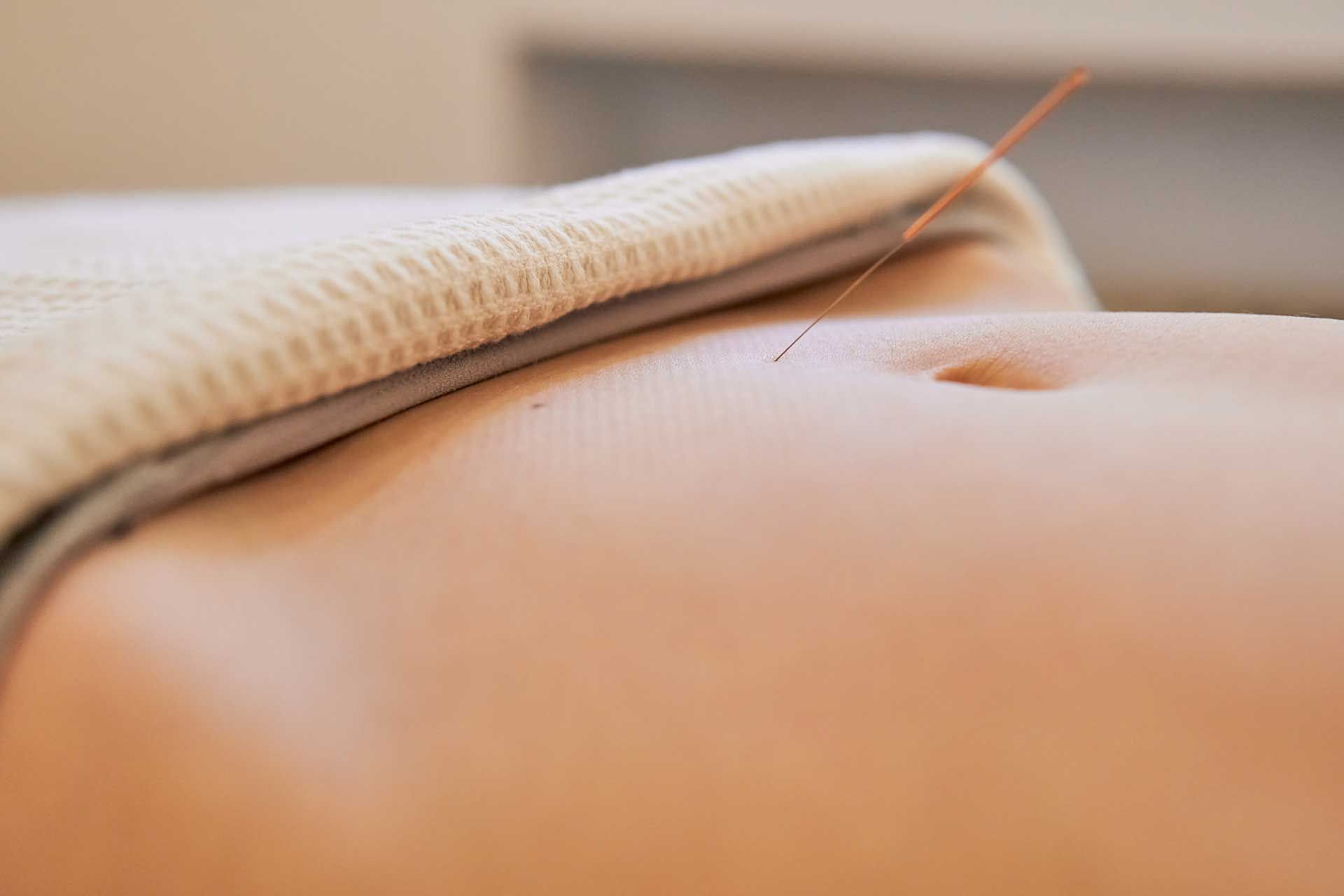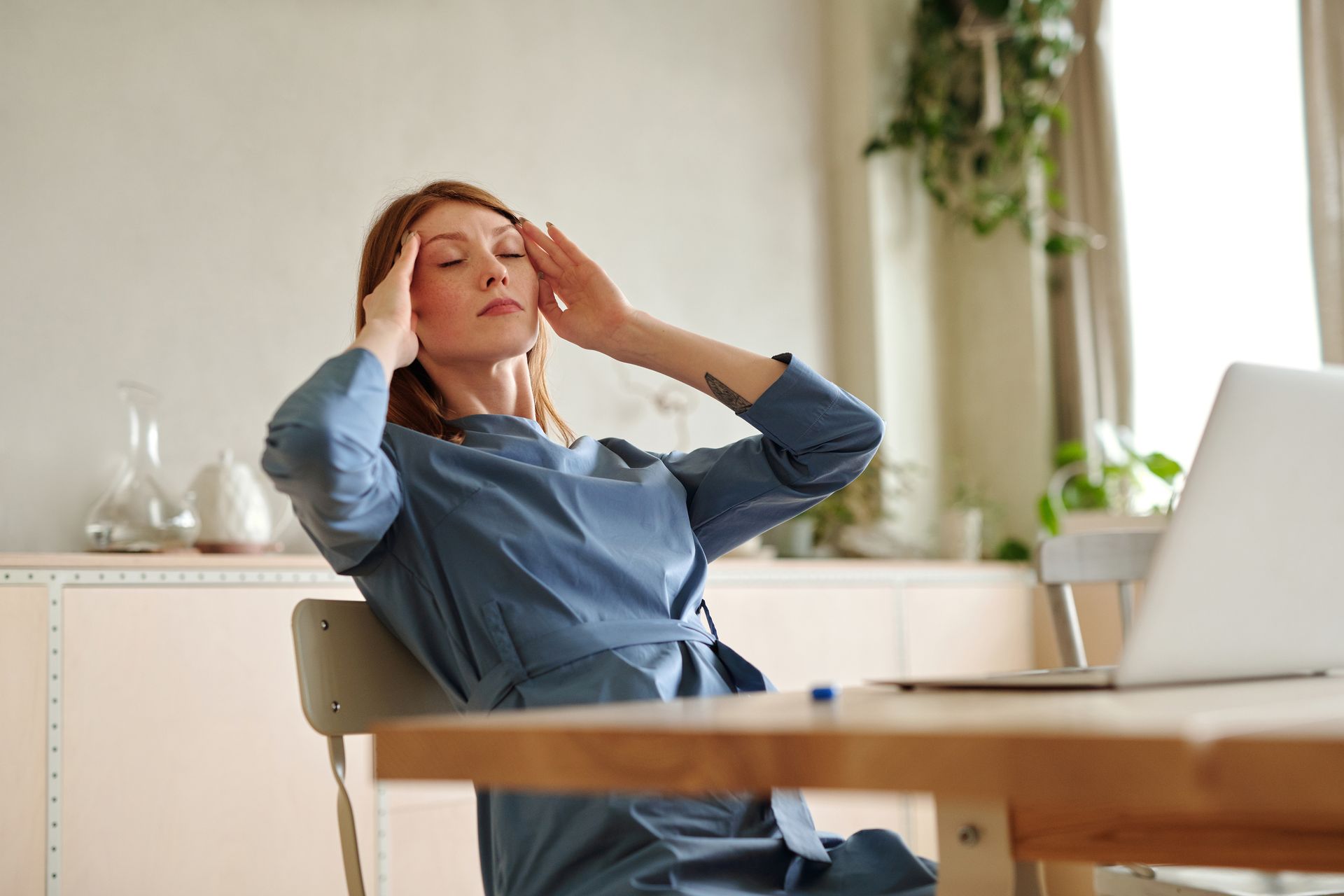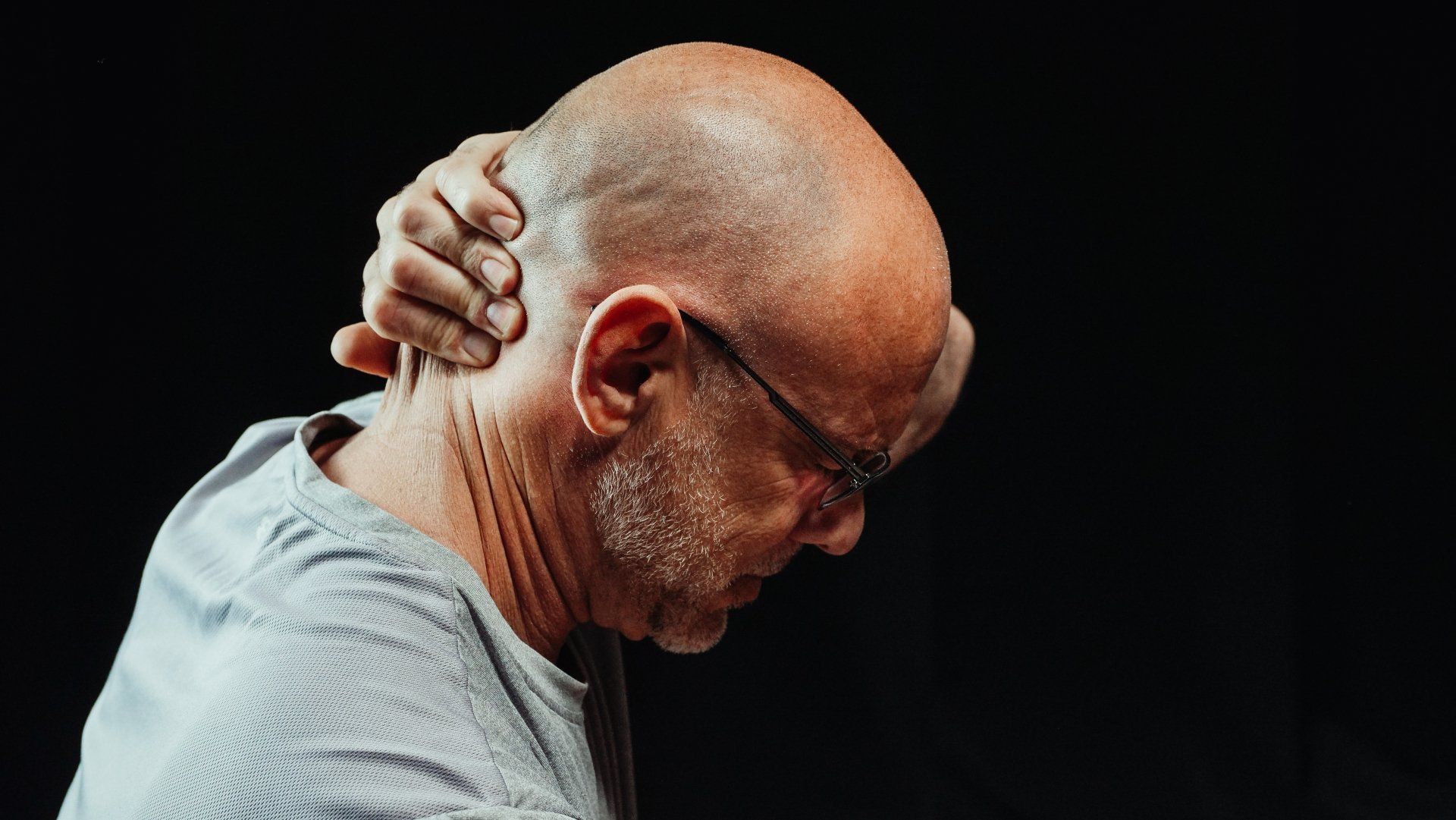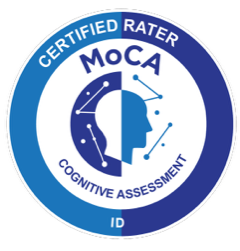As we all head into a new lockdown and an uncertain future, it is understandable that many people will be feeling anxious. Anxiety can cause some very serious symptoms such as chest pain and shortness of breath, which can often be confused with cardiovascular symptoms and need investigation by a medical professional to rule out a serious problem.
For those of you who are finding that your levels of anxiety are growing it can be very disconcerting and as your anxiety levels and symptoms raise it can cause further anxiety and continue to fuel a loop of rising anxiety levels.
The good news is that there are simple things that you can do now to help manage your anxiety levels even coming into a lockdown.
· Sleep
· Manage Blood sugar levels
· Exercise
The reason these three things will have a big impact on your anxiety levels is due to their effects on a hormone called cortisol, which is released by your adrenal glands.
The adrenal glands are small glands that are situated just above your kidneys and they are responsible for the production of cortisol and many other hormones.
When you are suffering from anxiety you are having a real physiological response often referred to as “fight or flight” or a sympathetic nervous system response. This response involves a cascade of neurotransmitters and hormones that cause your body to react in a certain way. Cortisol is part of this cascade and has the effect of increasing levels of glucose in your blood, increasing your brains use of glucose and up-regulating factors involved in the immune system and tissue repair.
Sleep - The reasons sleep has such an important role to play in overall health are numerous. In relation to cortisol sleep is significant. Cortisol is not only released by the adrenal glands as a stress response but fluctuating levels of cortisol along with melatonin are responsible for your circadian rhythm (1) – the ability to get to sleep and to get up in the morning. Put basically cortisol levels are naturally high in the morning, boost blood sugar and wake you up, melatonin levels are high in the evening and make you fall asleep.
You should be aiming for 7-8 hours of uninterrupted sleep every day. It is a complicated subject and there are many factors that can affect your ability to sleep, here are a few of the basics:
- Most people do not get enough sleep because they don’t go to bed early enough
- Caffeine and alcohol can affect sleep patterns by stimulating the sympathetic nervous system and therefore disrupting cortisol balance
- Eating a diet too high in carbohydrates and not enough protein can disrupt cortisol balance
Diet – Manage Blood Sugar - Managing blood sugar levels is essential to help maintain cortisol levels (2) and to help reduce symptoms of anxiety. When you eat a high carbohydrate meal, these are broken down into glucose so that your body can absorb them. Once in the bloodstream glucose raises insulin levels, which promotes the uptake of glucose by your muscles, liver and fat cells. A rise in insulin levels will also cause a rise in cortisol production. All this is normal physiology but when we eat too many carbohydrates or sweets it is easy to get into a situation where your blood sugar is not stable being either too high or too low and neither is good.
As a rule of thumb if you feel tired or your energy drops after eating a meal you have eaten too many carbohydrates. If you feel groggy and slow and eating gives you more energy you are not eating frequently enough and need to eat smaller meals more frequently, make sure these meals are high in protein and essential fat not carbohydrates.
You should be looking to have a diet that is well balanced between protein, fat and carbohydrate. Due to decades of incorrect advice that fat is bad and the proliferation of low fat foods (usually fat is replaced with sugar) mean that most people end up with a diet that is too high in sugars and carbohydrates.
Exercise – Don’t hurt yourself - Keeping active is another great strategy for managing stress anxiety and your emotions in general. Physical exercise can promote a reduction of cortisol levels (3). Frequency and intensity of exercise are important. It is important that everyone undertakes aerobic exercise such as walking, running, swimming, cycling, dancing etc. and should be aiming to do about an hour of exercise at least 5 times per week.
Intensity will be defined more by age and fitness level, but one thing everyone young and old, fit or not should be wary of is exercise-induced pain. Pain is a very significant stressor on the body and will increase cortisol levels to help with the resulting inflammation and tissue repair after over-exercise. Occasionally times of minor muscle soreness is to be expected especially in those taking part in competitive sports but it should not be the rule. If you find that you are in a situation where muscle soreness or joint pain is a constant you are over training. It doesn’t necessarily mean you need to stop but you may need to reduce the intensity and the frequency of exercise for a while and fix any underlying issues.
References
1. Lange T, Dimitrov S, Born J. Effects of sleep and circadian rhythm on the human immune system. Ann N Y Acad Sci. 2010 Apr;1193:48-59. doi: 10.1111/j.1749-6632.2009.05300.x. PMID: 20398008.
2. Andrews RC, Herlihy O, Livingstone DE, Andrew R, Walker BR. Abnormal cortisol metabolism and tissue sensitivity to cortisol in patients with glucose intolerance. J Clin Endocrinol Metab. 2002 Dec;87(12):5587-93. doi: 10.1210/jc.2002-020048. PMID: 12466357.
3. Beserra AHN, Kameda P, Deslandes AC, Schuch FB, Laks J, Moraes HS. Can physical exercise modulate cortisol level in subjects with depression? A systematic review and meta-analysis. Trends Psychiatry Psychother. 2018 Oct-Dec;40(4):360-368. doi: 10.1590/2237-6089-2017-0155. PMID: 30570106.
Stay Up to Date - get new blog posts, videos and articles straight into your inbox
Contact Us
Thank you for contacting us.
We will keep you updated of any new blog posts, videos or content that may be of interest to you.
Please try again later.
Blog Categories
